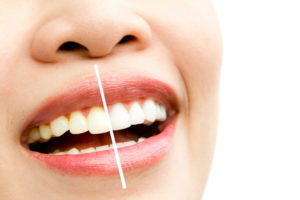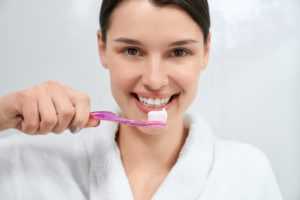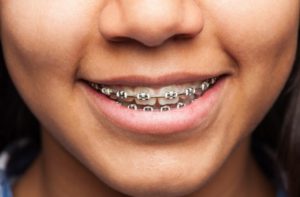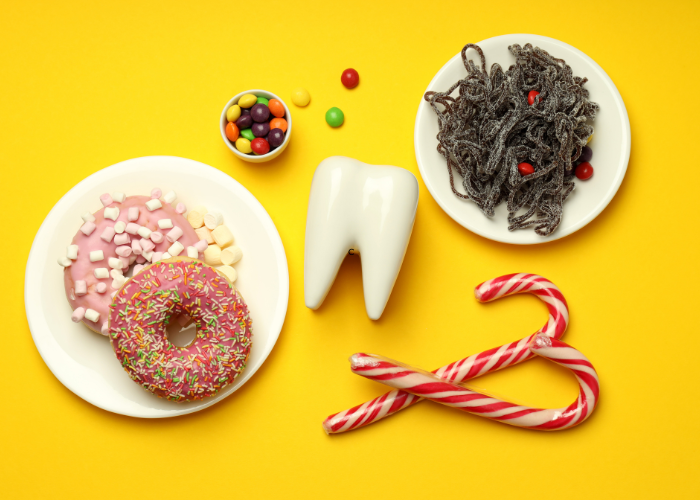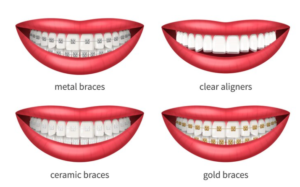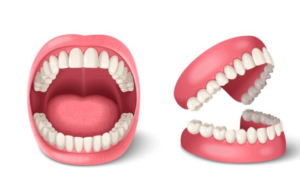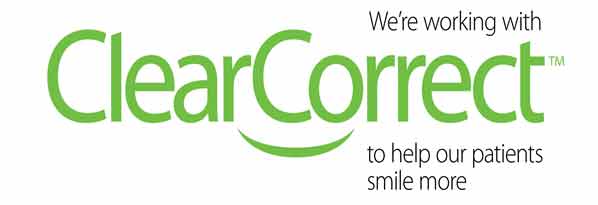Maintaining a healthy smile isn’t just about brushing and flossing every day it’s also about regular visits to your dentist. Dental checkups are crucial in identifying potential oral health issues before they become serious problems. While brushing and flossing can go a long way in preventing cavities, regular checkups allow your dentist in Bundoora to catch early signs of issues that might otherwise go unnoticed. In this blog, we will explore the importance of regular dental checkups, the problems they can help prevent, and how they contribute to your overall health.
If you’re wondering whether you need to see a dentist near me, this guide will explain why regular checkups are an essential part of your long-term oral care.

Early Detection of Cavities and Tooth Decay
Tooth decay is one of the most common dental issues that people face, but it doesn’t always present symptoms in its early stages. Small cavities may not cause pain initially, but they can worsen over time, leading to more severe damage. During your regular dental checkup, your dentist will use advanced tools, including X-rays, to detect cavities that are not visible to the naked eye.
Catching tooth decay early ensures that treatment, such as a simple filling, can prevent further damage. Left untreated, cavities can lead to more serious issues like root infections, abscesses, or even tooth loss, requiring much more expensive and invasive treatments like dental implants.
Preventing Gum Disease
Gum disease, or periodontal disease, is another oral health issue that often starts without noticeable symptoms. Early stages, known as gingivitis, can cause red, swollen gums that may bleed while brushing. If left untreated, gingivitis can progress into more severe periodontitis, leading to gum recession, tooth mobility, and even tooth loss.
A professional dental checkup allows your dentist to examine your gums for signs of inflammation or infection. Regular cleanings at your checkup can also remove plaque and tartar build-up, reducing the risk of developing gum disease. By addressing gum disease in its early stages, you can avoid serious complications like tooth loss and preserve your smile for the long term.
Identifying Oral Cancer Early
Oral cancer is often diagnosed in the later stages when it’s more difficult to treat. However, regular dental checkups offer a valuable opportunity for early detection. During your visit, your dentist will conduct a thorough examination of your mouth, throat, and lymph nodes to identify any unusual lumps, lesions, or other symptoms of oral cancer.
Catching oral cancer early can dramatically increase the chances of successful treatment. If your dentist notices anything concerning, they can refer you to a specialist for further testing and early intervention, which can make all the difference in the outcome.
Preventing Bad Breath and Tooth Sensitivity
Bad breath (halitosis) and tooth sensitivity are two common issues that people often ignore or brush off as minor inconveniences. However, these symptoms can sometimes indicate more significant underlying problems, such as gum disease, cavities, or an infected tooth. Regular dental checkups help to identify and treat the root cause of these issues.
Your dentist will check for signs of gum disease or other conditions that could be causing bad breath or sensitivity. In some cases, professional cleaning and treatments can resolve the issue, allowing you to enjoy better oral comfort and hygiene.
Overall Health Benefits of Regular Dental Checkups
Your oral health is closely linked to your overall health. Studies have shown that gum disease and oral infections can contribute to other serious health conditions, such as heart disease, diabetes, and respiratory issues. By keeping your mouth healthy, you’re not only protecting your teeth and gums but also your overall well-being.
During your checkup, your dentist may ask questions about your lifestyle, diet, and health conditions that could impact your oral health. This can lead to helpful advice and recommendations on how to improve both your oral and overall health.
The Importance of Professional Cleanings
Even with diligent brushing and flossing, there are areas of your teeth and gums that can be difficult to reach. Professional dental cleanings are a key part of your regular checkup and are essential for maintaining optimal oral health.
Professional cleanings remove plaque and tartar that build up over time and cannot be removed by brushing alone. This helps prevent tooth decay, gum disease, and even bad breath. Regular cleanings also give your dentist a chance to assess your oral health more accurately and intervene before minor issues become major problems.
When Should You Schedule Your Next Checkup?
Most dentists recommend visiting every six months for a checkup, but some people may require more frequent visits based on their oral health needs. If you have a history of gum disease, cavities, or other dental issues, your dentist may suggest more regular visits to keep your smile in top shape.
Your dentist will let you know when to schedule your next appointment, based on your oral health history and the results of your current exam. Don’t wait until you’re experiencing pain or discomfort—regular checkups are key to keeping your smile healthy and strong.
Don’t wait for a dental issue to become a problem. Regular dental checkups are essential for maintaining your oral health and preventing serious issues down the road. If you’re looking for a trusted dentist in Bundoora, contact Greenwood Plenty Dental Care today. Our experienced team is here to provide you with top-quality care and help you keep your smile healthy for years to come. Call us at (03) 9466 7843 to book your appointment and experience exceptional dental care that keeps your mouth and body healthy.


